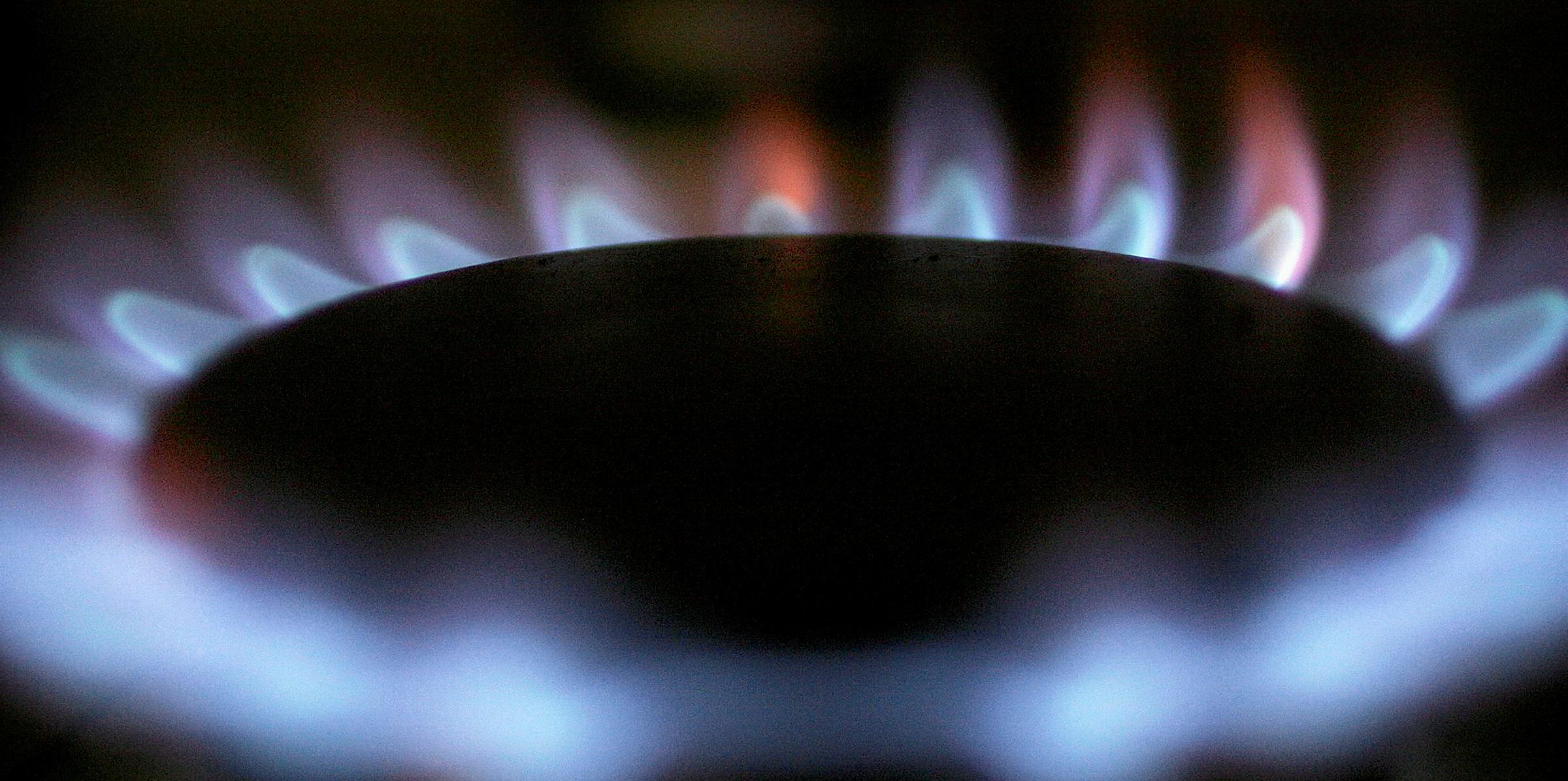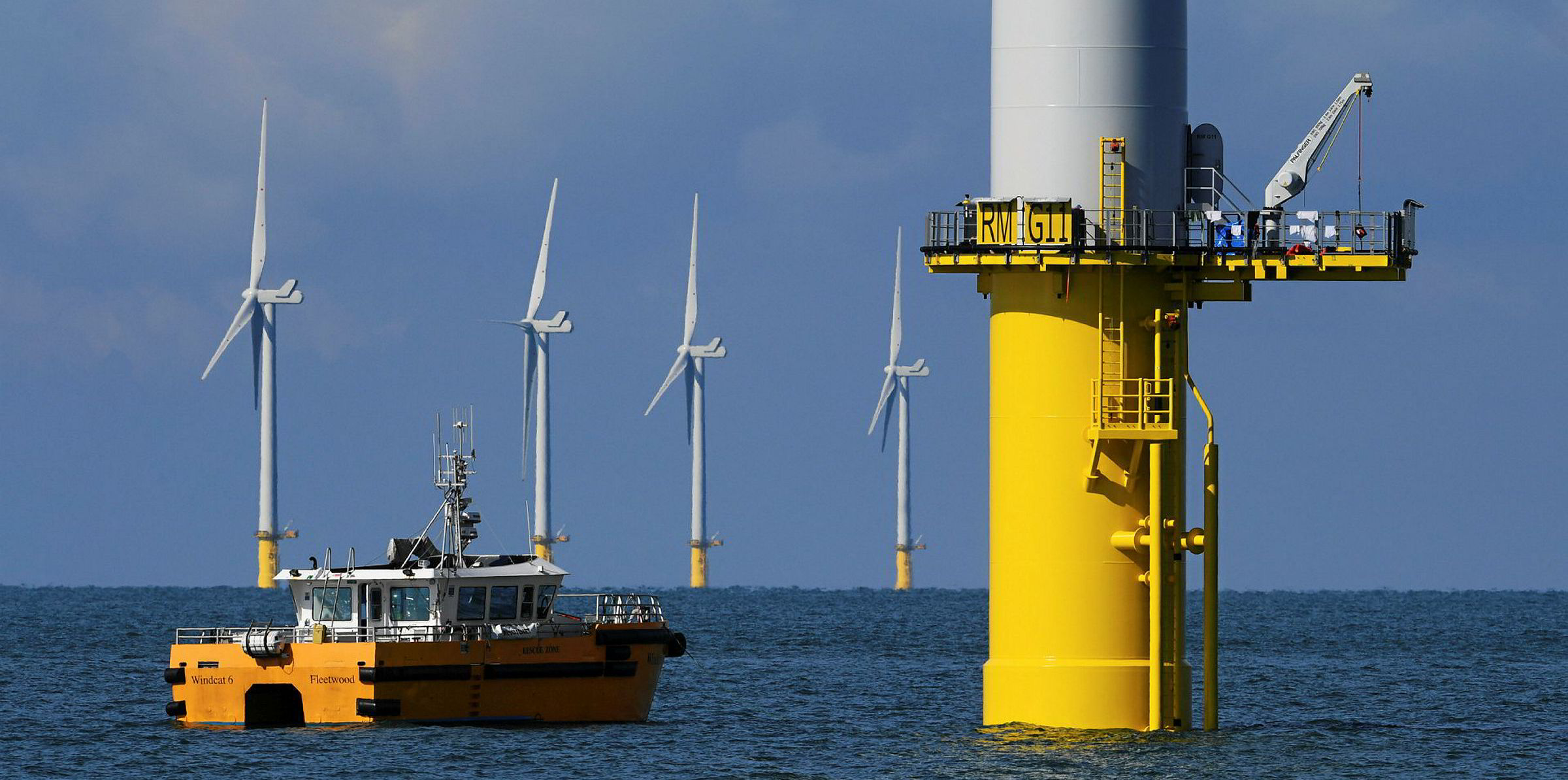The UK reached “a historic tipping point” with new government figures showing power generation from renewables outperforming gas for the first quarter ever, according to industry body RenewableUK.
Figures in the latest Energy Trends report, published by the Department for Business, Energy and Industrial Strategy (BEIS), show that between July and September renewables provided a record 38.9% of the UK’s electricity, exceeding gas at 38.8%.
BEIS highlights what it describes as “a strong performance from renewable sources”. This new quarterly record for renewables beats the previous one of 36.8% set in the fourth quarter of 2018.
Low carbon electricity from renewables and nuclear power rose to a record high of 57.3% due to increased renewables generation. Generation from fossil fuels decreased to a record low of 40.1%.
The report states that the rise is due to increases in renewable generation capacity as well as favourable weather conditions, particularly for offshore wind. It highlights wind as the main source of renewable generation, providing 19% of the UK’s electricity in the third quarter.
“We’ve reached a historic tipping point with renewables outperforming gas for the first quarter ever,” said Rebecca Williams, RenewableUK’s head of policy and regulation. “This is great news all of us who are committed to reaching net zero emissions as fast and as cheaply as possible.
“Wind is playing the leading role in this, generating nearly 20% of our electricity between July and September. We need to use a wide range of technologies to tackle dangerous climate change, including onshore wind as well as offshore, innovative floating wind and tidal power.”
The figures are the latest milestone in the transformation of the UK’s power supplies, where just a decade ago some three-quarters of total generation was coming from fossil fuels. In 2010, coal, oil and gas generated more than ten times as much electricity as renewables.
Since then electricity generation from renewable sources has more than quadrupled – and demand has fallen – leaving fossil fuels with a shrinking share of the total.




